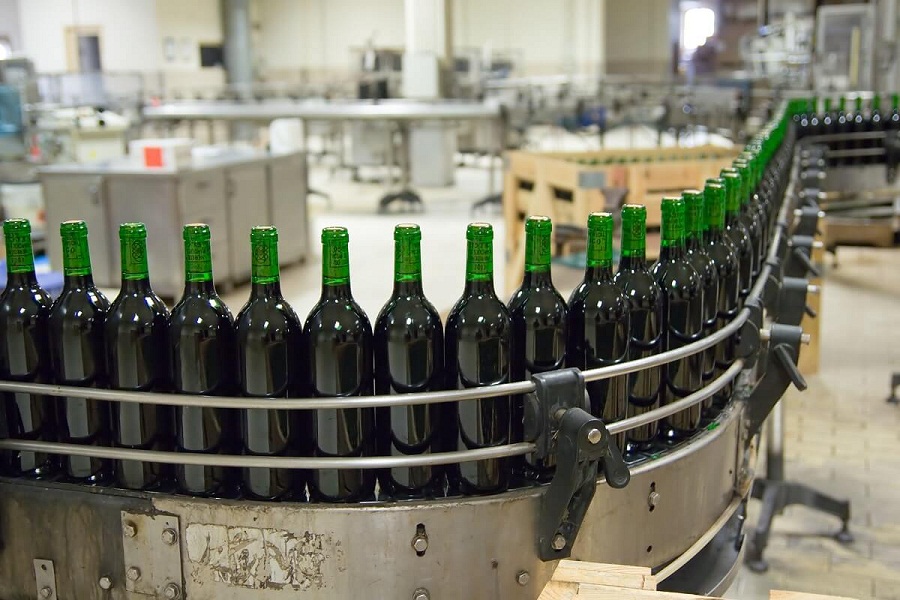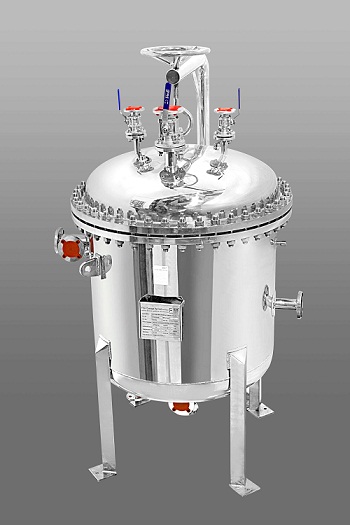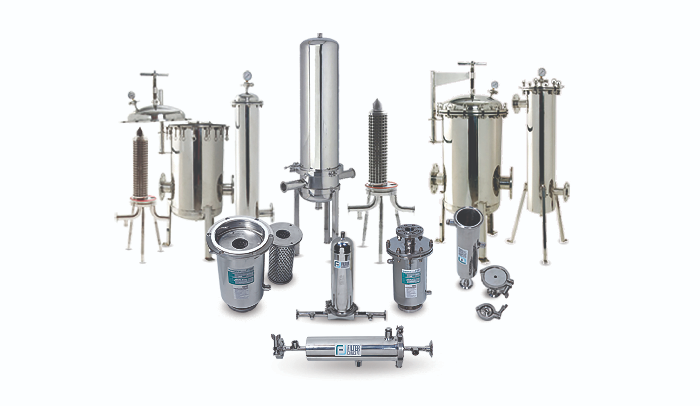
It’s said winemaking is an art rather than a Science. Ask any winemaker how to enhance the taste and retain the flavor. The answers would be very different from each other.
In general, the filters are used in winemaking to make it look sparkling (white wine mainly) and taste more polished. Filtration also improves the microbial stability of the wine, which prevents premature spoilage that makes a wine undrinkable. Typically, white wines are filtered to give them clarity. Some red wines are not filtered because they are better at absorbing off-aromas and flavors. This leads many winemakers to only filter reds when necessary and no more than truly needed.

Every winemaker has his own way of making wine, the type of filtration application also changes as per the manufacturing process. However, the general applications for filtration uses are as below:
- Air filtration
- Steam Filtration
- Water Filtration
- Gas filtration
- Product filtration (wine)
High efficiency pleated filters are most preferred in almost all stages (except pre-filtration of product), primarily due to efficiency and compatibility. However, we leave this to the filtration application engineers to decide and choose the best. Let’s go through each of the applications in brief. 
- Compressed Air filtration: The main purpose of these filters to ensure the air leaving compressors is clean and dry so that they don’t affect the downstream equipment’s performance. The role of filters is for the removal of particulate, moisture, and oil aerosols.
- Steam Filtration: Steam is primarily used in most wineries to sterilize, as the bacterial load has to be contained during the fermentation process. Steam filters of 0.1um or 0.22 um are primarily used.
- Water Polishing: Water is used in various stages in winemaking, e.g. Boiler feed, Washing & Amelioration. The key objective of using filtration system is to remove contaminants and unwanted chemicals like chorine (Carbon filter) etc. Further in bottle washing applications removal of microorganisms is done by using 0.22 um filters.
- Gas Filtration: Nitrogen is a very commonly used gas in winemaking to prevent the oxidation of the wine. Nitrogen blanketing is used to purge Oxygen from wine bottles before corking.
- Wine Filtration: During the making of wine residual sugar is added for making wine a bit sweeter. Residual sugar is added either by mixing in reserve juice post-fermentation or the fermentation process is curtailed by chilling the wine before all the sugar is consumed by the yeast. Pre-filtration and post-filtration of wine are done to remove residue and live yeast, which could spoil the wine. Typically a 1um pre-filter and 0.45 um post-filtration system is used in these processes.
While selecting the most optimum filtration system for all the above applications, we suggest the application engineers consider the below:
- Optimum design to accommodate batch processing with redundancy.
- Selection of compatible and media migration-free medium.
- Operational conveniences.
- Replacement cost of consumables.
- Ease of maintenance.
- Less human intervention.
- Sterilizable.
In case you need any help or assistance, our application engineers can help you to design and suggest an efficient filtration scheme. Also, we can troubleshoot/ Upgrade the existing systems. Please get in touch with our application support team at [email protected]
